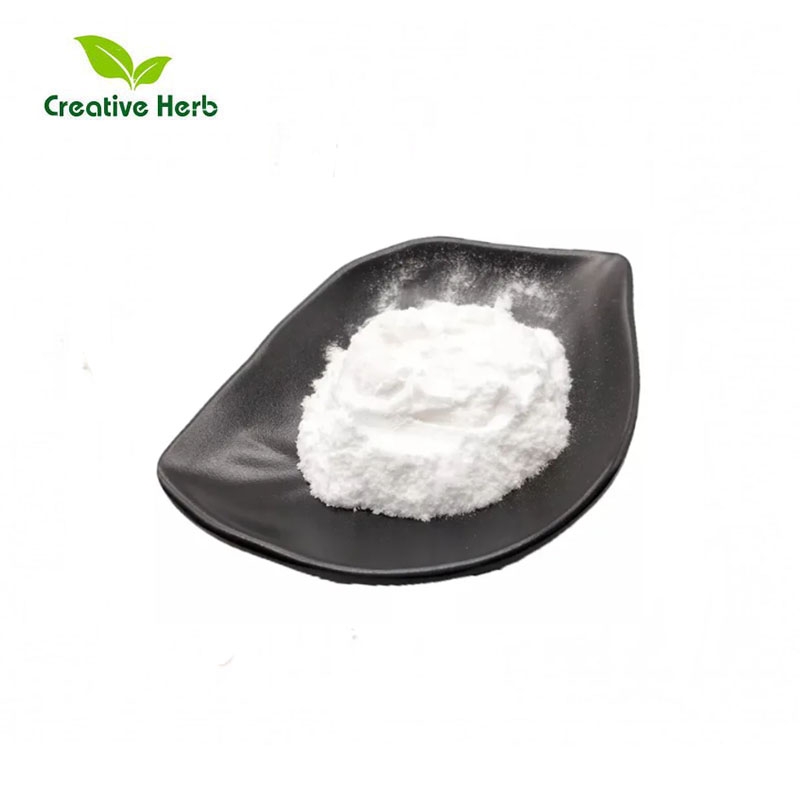SCI transl Med: scientists have found the fatal weakness of advanced prostate cancer! Effective new drugs without side effects may be born!
-
Last Update: 2018-05-06
-
Source: Internet
-
Author: User
Search more information of high quality chemicals, good prices and reliable suppliers, visit
www.echemi.com
May 6, 2018 / BIOON / - carcinogenic damage will up regulate the cell process of bioenergy consumption to drive the growth and continuous proliferation of cancer cells, such as protein synthesis Cancer pathway hijacking these key cell processes will also bring heavy pressure to cells, so cancer cells must eliminate these pressures through adaptive response But up to now, we still don't know how cancer cells establish these adaptive responses, the functional results of these reactions on tumor development and their effects on therapeutic interventions Photo source: H.G Nguyen et al, Science Translational Medicine (2018) to explain the answers to these questions, researchers from the University of California, San Francisco (UCSP) at David Diller Family Comprehensive Cancer Center Under the leadership of Professor Ruggero, these problems were described in mice and human prostate cancer model (PCA) They found that 1 / 3 of unfolded protein reactions in advanced PCA were selectively activated These adaptive responses activate the phosphorylation of eukaryotic initiation factor 2-alfa (p-eif2afla), reset the overall protein synthesis level, and thus promote the growth of prostate cancer, which is also a biomarker with shorter survival period for patients with multiple carcinogenic injuries Using a patient derived prostate cancer transplant model and an inhibitor of p-eif2afla activity, isrib, the researchers found that adaptive braking targeting this protein synthesis can selectively induce cytotoxicity against malignant metastatic PCA, which is almost incurable at present The researchers hope that this discovery will promote isrib to enter clinical trials as soon as possible to try to treat patients with advanced prostate cancer "Most molecules that kill cancer cells also kill normal cells." Professor Ruggero said "But we found that isrib has a perfect therapeutic window: normal cells will not be affected because they do not use this UPR to control their protein synthesis, but cancer cells will die without it." (BIOON Com) reference: David rugero et al Development of a stress response therapy targeting aggressive progress cancer Science Translational Medicine 02 may 2018: Vol 10, issue 439, eaar2036 doi: 10.1126/scitranslmed.aar2036
This article is an English version of an article which is originally in the Chinese language on echemi.com and is provided for information purposes only.
This website makes no representation or warranty of any kind, either expressed or implied, as to the accuracy, completeness ownership or reliability of
the article or any translations thereof. If you have any concerns or complaints relating to the article, please send an email, providing a detailed
description of the concern or complaint, to
service@echemi.com. A staff member will contact you within 5 working days. Once verified, infringing content
will be removed immediately.







